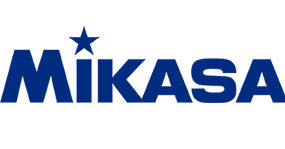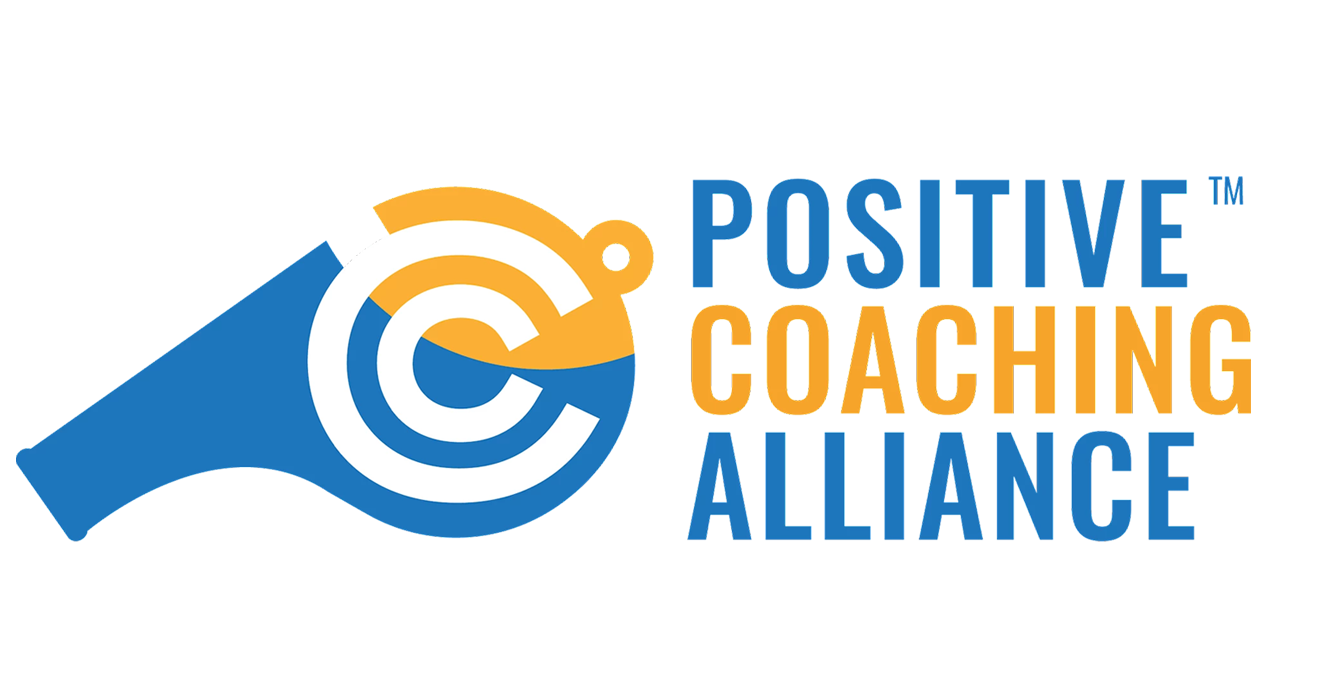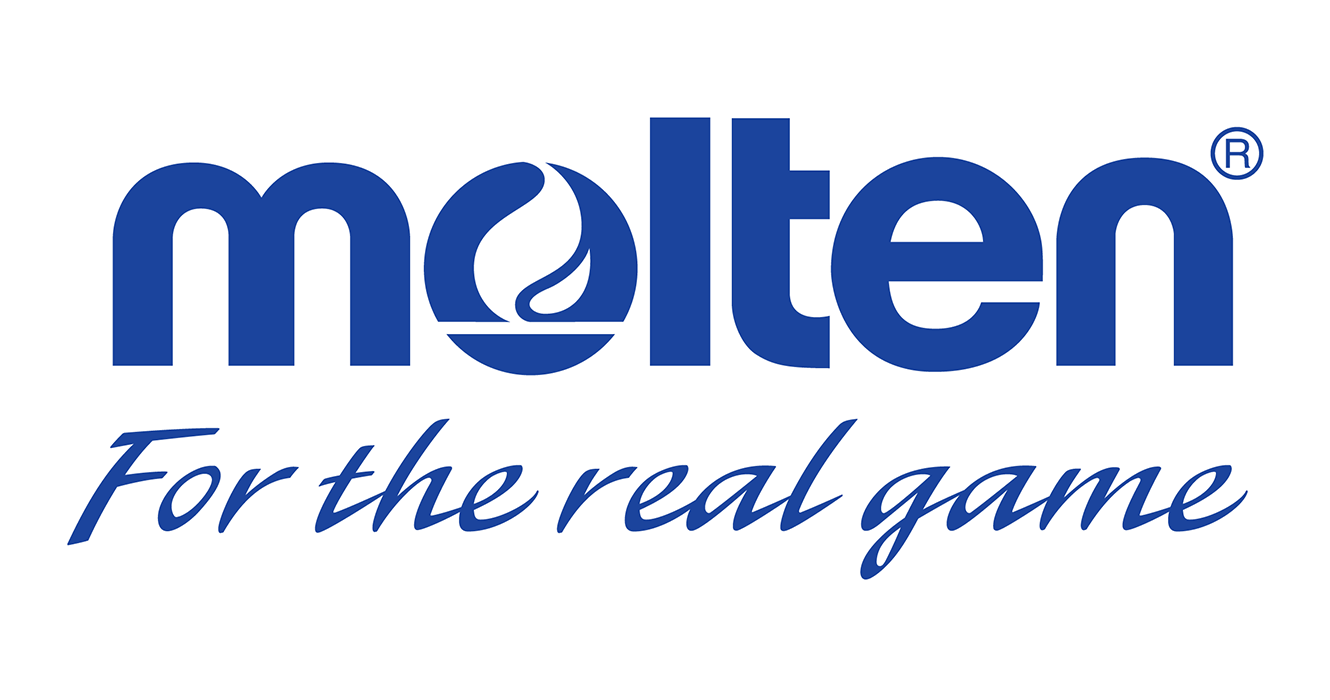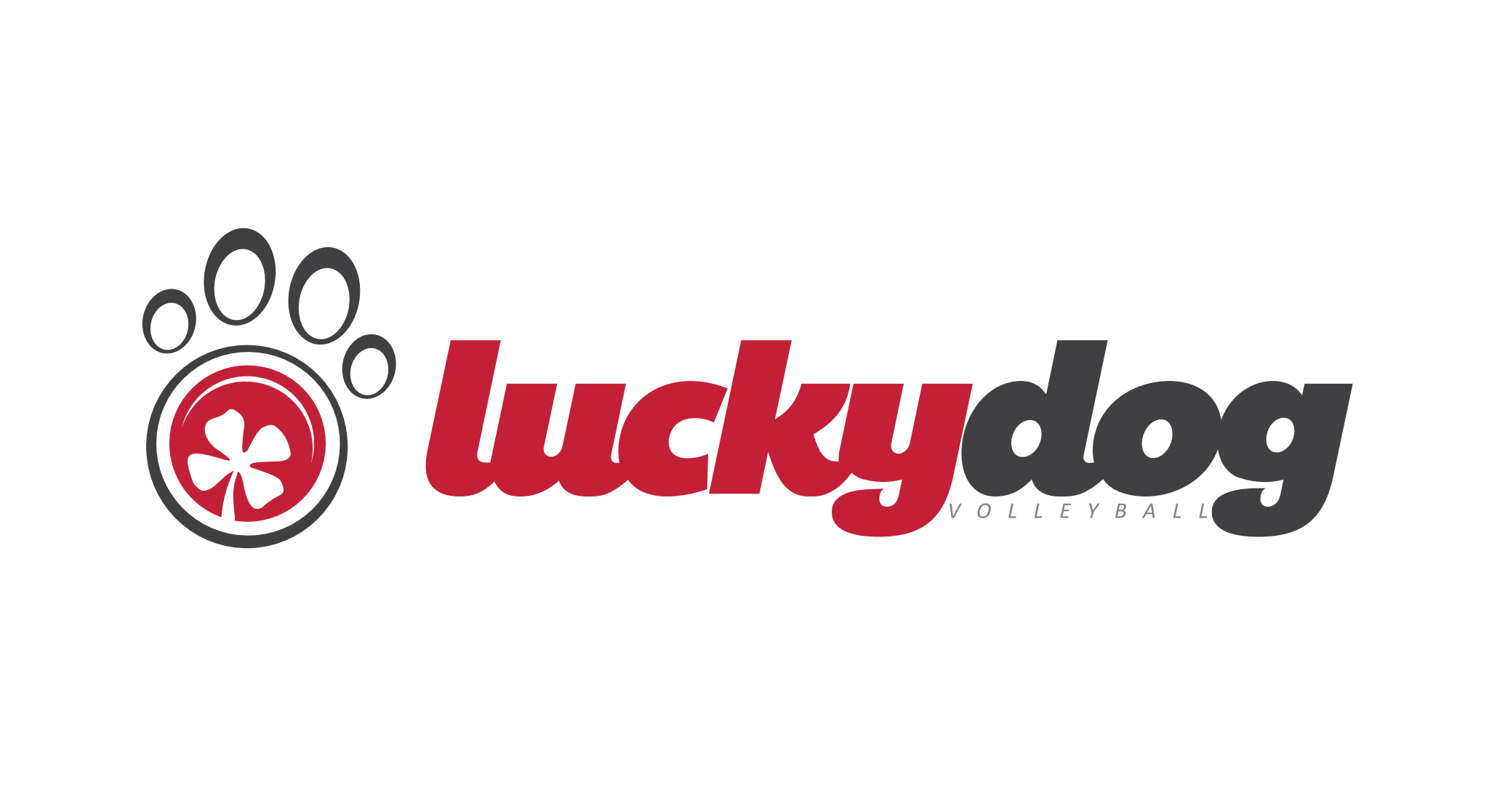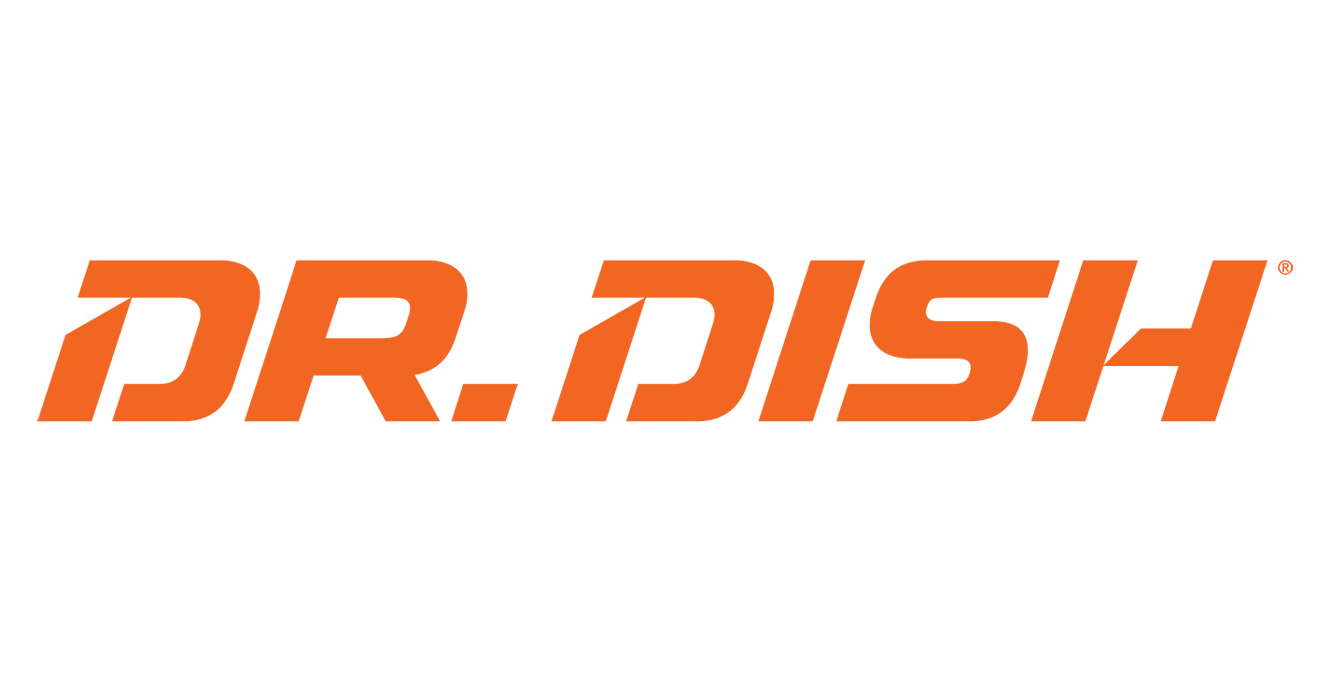Despite COVID-19 Concerns, AAU Junior Olympic Games A Hit
08/10/2020
Athletes and parents thankful for a successful AAU Junior Olympic Games despite COVID-19 concerns.
Article originally posted on Florida Today.
BREVARD COUNTY, Fla. - Jaymie Starr was snapping photos Saturday morning of her daughter, Calley, a gold medal twinkling in the sun draped around her neck, standing next to a colorful AAU Junior Olympics banner at Satellite High's stadium.
Those memories of the 13-year-old's victory in the girls 3,000-meter race walk will be just some of the Space Coast mementos the family will be taking back to Junction City, Oregon.
What the Starr family is not at all concerned about is bringing home any potential exposure to coronavirus, and they credit the way the events were run with their confidence.
"Not at all," said Calley's father, Jeff, when asked if the family was worried about flying across country amid a COVID-19 pandemic. "We come from an area on the lower end (of COVID cases). But the community (here) did a fantastic job. The people at AAU took precautions; it was all about safety. A great job."
The four-day track and field event — the marquee of the two-week long national AAU showcase in Brevard County — attracted 2,148 athletes, including 290 teams, from 44 states. There were 661 total heats and flights.
Florida led the way with 703 athletes, followed by Texas (263), California (134), Pennsylvania (130), Georgia (126) and Virginia (102).
They came from such cities as Triangle, Wash., to Haymarket, Va.; college towns from College Station, Texas, to Chapel Hill, N.C.; and from Las Vegas to New York City.
"It was so much fun here," Jeff Starr said. "You have a beautiful place. And we got to see a rocket launch. How about that? A chance of a lifetime."
While some got to see the post-midnight SpaceX launch, many went to the beach, some went parasailing, and others were eager to see live alligators.
They stayed at hotels on the mainland and beachside. Some were spotted in restaurants stretching from Fishlips at Port Canaveral to Bizzarro's in Melbourne Beach.
At nearby Publix — the event's presenting sponsor — families were seen buying ice, fruits, water and other liquids.
And, many, like 3,000-meter gold medalist Josh Stern of Satellite High, found Instagram friends for life.
"I had never met any of them, but everyone was super nice," Stern said.
Concerns over COVID-19
As soon as Gov. Ron DeSantis announced the event would take place in Brevard County, concerns arose among some about safety in light of the pandemic. An online petition to stop the event gathered more than 400 "signatures."
The City of Satellite Beach City Council on July 29 passed (by a 3-2 margin) a 30-day emergency ordinance, requiring face coverings in ALL businesses as a measure to curb the spread of COVID-19, citing the anticipation of the AAU crowd. That ordinance extended a July 6 mandate for required mask use in gas stations, convenience stores, grocery stores and pharmacies.
But from the beginning, organizers said they worked with the Department of Health to ensure plans were aimed at keeping the participants, their supporters and the community safe.
Masks were required, as were temperature checks before entering the gates. AAU officials constantly sanitized chairs and pens, as well as the shot put and discus apparatus. There were signs posted about how to take precautions against COVID-19.
AAU officials went so far as to not have the pole vault, high jump or triple jump, only because of safety issues with bouncing off and touching the mats, or landing and touching the sand pit area.
Officials cordoned off every other row of bleacher seats with yellow tape, but the thunderstorm that rumbled through at the midpoint of the first day seemed to have left them in tatters. Not to say spectators might have moved them, too, to sit close with their teams or friends.
The heat and humidity, especially after that one day of rain, felt suffocating, and masks in the bleachers were noticeably pulled down on occasion so fans could loudly cheer.
Temperature on the rubberized track reached 108 degrees on the first day.
"I thought everyone did a good job with their mask, for the most part, given the circumstances," Stern said.
As of Monday, there were 143 reported coronavirus cases in Satellite Beach (an increase of five over the past two days) in an area of about 11,750 people (.012 percentage).
The nature of the AAU event complicates contact tracing and, given the length of the incubation period, it won't be clear for weeks — if at all — if there was a link to this event.
According to the U.S. Environmental Protection Agency, on average, it takes about five days between the time someone is infected and the onset of COVID-19 symptoms, but for many it can take 14 days or longer. Health officials say masks are generally most effective in situations in which everyone is wearing one.
"We did get our fair share of concerns," Satellite Beach City Manager Courtney Barker said.
"I think the first day we were disappointed," she added, "because the crowds came pretty quickly."
But Barker said efforts were made to keep spectators safe.
"For the large part, I think it basically worked out," Barker said.
Parents, kids were thankful
The total AAU event might have generated as much as $1 million in revenue for local hotels and $50,000 in Tourist Development Tax revenue for the county, in addition to restaurants, retail shops and local attractions.
Peter Cranis, Executive Director at the Space Coast Office of Tourism, said Monday the final figures aren't in but the final hotel report would be made available within 30 days and the specific number of athletes (approximately 3,000 for the entire two weeks) and families from out of state will be released within a few days.
Four national track and field records were broken in what essentially was a scaled-down version of the AAU Games that Brevard County gained just seven weeks prior to the event. That happened after Hampton (Va.) University had to shut down due to COVID-19, which prevented that area from hosting it.
"We probably had between a third and a quarter attendance of (a usual National AAU Junior Olympics)," said Satellite High track coach Doug Butler, the site director who worked with meet director Mark Bailey to execute a near-flawless effort.
"This was so last minute, so there were no regional qualifiers. But maybe next year (when the ultimate event is in Houston), we can get a regional here."
Parents were appreciative the AAU meet was held. Many of the kids were running for the first time this year in a competitive meet. Most had their track seasons canceled.
"I know a lot of the parents decided to keep their kids at home this time, through no fault of theirs," said Christian Cantwell, the 2008 Beijing Olympics silver medalist, whose 12-year-old son, Jackson, set a national record in the shot put. "We actually come from an area (near Springfield, Mo.) with very low cases.
Everything's been open for two months.
"But the kids are thankful for this."
In fact, Jackson was the only one from his Blue Thunder Track Club in Columbia, Mo., to make the trip.
"We've been doing virtual meets (in which athletes post videos of their performances to see where they rank nationally)," Jeff Starr said.
"I know all the kids and parents are really appreciative that they could make this happen here. There's nothing like the real competition and camaraderie."
Overnight, the Satellite High stadium area was transformed into a mini-city with dozens of tents, portable toilets, a souvenir stand, concessions and AAU banners. By Sunday morning, except for the huge, filled green trash bins, you couldn't tell there had been an event of such magnitude.
"The AAU brings in a huge staff, at least 100 between the officials and volunteers," Butler said.
Probably the only other problem for the entire AAU event — besides the one-day cancellation of beachside sports when Tropical Storm/Hurricane Isaiah was skirting the coast — was the first day of traffic on Jackson Avenue near the stadium. But after everyone figured out where to unload their chartered buses or vans, and where to park, it became a smoother, safer road, thanks to an abundance of Satellite Beach police officers.
"Given the fact we only had seven weeks to put it all together, I think it went rather well," said Mitch Varnes, Space Coast Junior Olympics operations director. "From the stand-up paddleboard on the very first day to the final day with lacrosse, soccer and flag football ... we got tremendous support from the Board of Tourism, the City of Satellite Beach, the City of Cocoa Beach and the whole community.
"It took a lot of people to come together and make it happen. We pulled it off."
BREVARD COUNTY, Fla. - Jaymie Starr was snapping photos Saturday morning of her daughter, Calley, a gold medal twinkling in the sun draped around her neck, standing next to a colorful AAU Junior Olympics banner at Satellite High's stadium.
Those memories of the 13-year-old's victory in the girls 3,000-meter race walk will be just some of the Space Coast mementos the family will be taking back to Junction City, Oregon.
What the Starr family is not at all concerned about is bringing home any potential exposure to coronavirus, and they credit the way the events were run with their confidence.
"Not at all," said Calley's father, Jeff, when asked if the family was worried about flying across country amid a COVID-19 pandemic. "We come from an area on the lower end (of COVID cases). But the community (here) did a fantastic job. The people at AAU took precautions; it was all about safety. A great job."
The four-day track and field event — the marquee of the two-week long national AAU showcase in Brevard County — attracted 2,148 athletes, including 290 teams, from 44 states. There were 661 total heats and flights.
Florida led the way with 703 athletes, followed by Texas (263), California (134), Pennsylvania (130), Georgia (126) and Virginia (102).
They came from such cities as Triangle, Wash., to Haymarket, Va.; college towns from College Station, Texas, to Chapel Hill, N.C.; and from Las Vegas to New York City.
"It was so much fun here," Jeff Starr said. "You have a beautiful place. And we got to see a rocket launch. How about that? A chance of a lifetime."
While some got to see the post-midnight SpaceX launch, many went to the beach, some went parasailing, and others were eager to see live alligators.
They stayed at hotels on the mainland and beachside. Some were spotted in restaurants stretching from Fishlips at Port Canaveral to Bizzarro's in Melbourne Beach.
At nearby Publix — the event's presenting sponsor — families were seen buying ice, fruits, water and other liquids.
And, many, like 3,000-meter gold medalist Josh Stern of Satellite High, found Instagram friends for life.
"I had never met any of them, but everyone was super nice," Stern said.
Concerns over COVID-19
As soon as Gov. Ron DeSantis announced the event would take place in Brevard County, concerns arose among some about safety in light of the pandemic. An online petition to stop the event gathered more than 400 "signatures."
The City of Satellite Beach City Council on July 29 passed (by a 3-2 margin) a 30-day emergency ordinance, requiring face coverings in ALL businesses as a measure to curb the spread of COVID-19, citing the anticipation of the AAU crowd. That ordinance extended a July 6 mandate for required mask use in gas stations, convenience stores, grocery stores and pharmacies.
But from the beginning, organizers said they worked with the Department of Health to ensure plans were aimed at keeping the participants, their supporters and the community safe.
Masks were required, as were temperature checks before entering the gates. AAU officials constantly sanitized chairs and pens, as well as the shot put and discus apparatus. There were signs posted about how to take precautions against COVID-19.
AAU officials went so far as to not have the pole vault, high jump or triple jump, only because of safety issues with bouncing off and touching the mats, or landing and touching the sand pit area.
Officials cordoned off every other row of bleacher seats with yellow tape, but the thunderstorm that rumbled through at the midpoint of the first day seemed to have left them in tatters. Not to say spectators might have moved them, too, to sit close with their teams or friends.
The heat and humidity, especially after that one day of rain, felt suffocating, and masks in the bleachers were noticeably pulled down on occasion so fans could loudly cheer.
Temperature on the rubberized track reached 108 degrees on the first day.
"I thought everyone did a good job with their mask, for the most part, given the circumstances," Stern said.
As of Monday, there were 143 reported coronavirus cases in Satellite Beach (an increase of five over the past two days) in an area of about 11,750 people (.012 percentage).
The nature of the AAU event complicates contact tracing and, given the length of the incubation period, it won't be clear for weeks — if at all — if there was a link to this event.
According to the U.S. Environmental Protection Agency, on average, it takes about five days between the time someone is infected and the onset of COVID-19 symptoms, but for many it can take 14 days or longer. Health officials say masks are generally most effective in situations in which everyone is wearing one.
"We did get our fair share of concerns," Satellite Beach City Manager Courtney Barker said.
"I think the first day we were disappointed," she added, "because the crowds came pretty quickly."
But Barker said efforts were made to keep spectators safe.
"For the large part, I think it basically worked out," Barker said.
Parents, kids were thankful
The total AAU event might have generated as much as $1 million in revenue for local hotels and $50,000 in Tourist Development Tax revenue for the county, in addition to restaurants, retail shops and local attractions.
Peter Cranis, Executive Director at the Space Coast Office of Tourism, said Monday the final figures aren't in but the final hotel report would be made available within 30 days and the specific number of athletes (approximately 3,000 for the entire two weeks) and families from out of state will be released within a few days.
Four national track and field records were broken in what essentially was a scaled-down version of the AAU Games that Brevard County gained just seven weeks prior to the event. That happened after Hampton (Va.) University had to shut down due to COVID-19, which prevented that area from hosting it.
"We probably had between a third and a quarter attendance of (a usual National AAU Junior Olympics)," said Satellite High track coach Doug Butler, the site director who worked with meet director Mark Bailey to execute a near-flawless effort.
"This was so last minute, so there were no regional qualifiers. But maybe next year (when the ultimate event is in Houston), we can get a regional here."
Parents were appreciative the AAU meet was held. Many of the kids were running for the first time this year in a competitive meet. Most had their track seasons canceled.
"I know a lot of the parents decided to keep their kids at home this time, through no fault of theirs," said Christian Cantwell, the 2008 Beijing Olympics silver medalist, whose 12-year-old son, Jackson, set a national record in the shot put. "We actually come from an area (near Springfield, Mo.) with very low cases.
Everything's been open for two months.
"But the kids are thankful for this."
In fact, Jackson was the only one from his Blue Thunder Track Club in Columbia, Mo., to make the trip.
"We've been doing virtual meets (in which athletes post videos of their performances to see where they rank nationally)," Jeff Starr said.
"I know all the kids and parents are really appreciative that they could make this happen here. There's nothing like the real competition and camaraderie."
Overnight, the Satellite High stadium area was transformed into a mini-city with dozens of tents, portable toilets, a souvenir stand, concessions and AAU banners. By Sunday morning, except for the huge, filled green trash bins, you couldn't tell there had been an event of such magnitude.
"The AAU brings in a huge staff, at least 100 between the officials and volunteers," Butler said.
Probably the only other problem for the entire AAU event — besides the one-day cancellation of beachside sports when Tropical Storm/Hurricane Isaiah was skirting the coast — was the first day of traffic on Jackson Avenue near the stadium. But after everyone figured out where to unload their chartered buses or vans, and where to park, it became a smoother, safer road, thanks to an abundance of Satellite Beach police officers.
"Given the fact we only had seven weeks to put it all together, I think it went rather well," said Mitch Varnes, Space Coast Junior Olympics operations director. "From the stand-up paddleboard on the very first day to the final day with lacrosse, soccer and flag football ... we got tremendous support from the Board of Tourism, the City of Satellite Beach, the City of Cocoa Beach and the whole community.
"It took a lot of people to come together and make it happen. We pulled it off."
 Email
Email Print
Print

